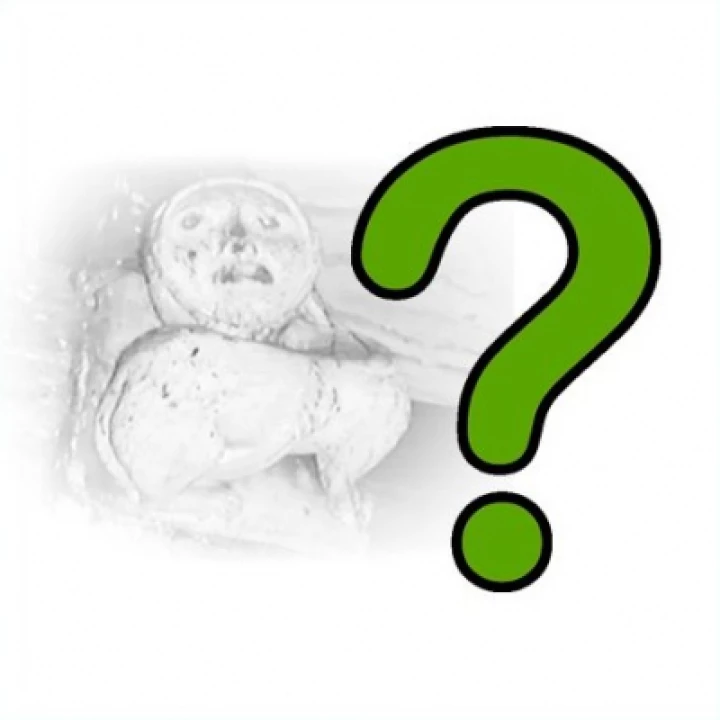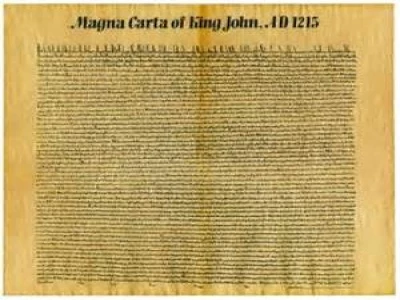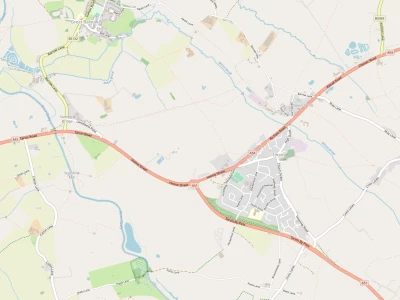Many of you will know that this year marks the 800th anniversary of Magna Carta – the famous document which King John was forced by his barons to concede at Runnymede in 1215, and which still forms an important symbol of liberty today.
However, rather less well known is the fact that Cheshire had its own Magna Carta. It was issued by Earl Ranulf III of Chester, sometime in 1215 or 1216, almost certainly in the months after England's Magna Carta. Earl Ranulf was one of the most powerful barons in England, and the Earldom of Chester had a special status under the Crown, reflecting its crucial strategic position on the border with Wales.
Unlike England's Magna Carta, the Cheshire document was not issued under threat of rebellion, although how willingly the Earl issued it is unclear. The text said that it was issued at the request of his barons, but also that the Earl had not granted everything they asked for. It may be that in issuing it Earl Ranulf was imitating King John and so seeking to give himself almost equal status, as if he were effectively the King of Cheshire.
The Cheshire Magna Carta was quite a bit shorter that the "other" Magna Carta. It only had 13 clauses, compared to more than 60 in King John's charter. Some of the clauses are similar, but it is not just a copy or cut-down version of King John's charter. There has even been a suggestion that the Cheshire document might have come first. Most of the clauses (like most of the clauses in the English Magna Carta) are about the relationship between the Earl and his subordinate barons, their rights and duties, but the final clause requires the barons to offer similar concessions to their tenants, so that the protections offered by the charter should "trickle down", as we might say, to the lower levels of society.
In 1237 the Earldom of Chester reverted to the King (Henry III, as by now King John was dead). From then on England's Magna Carta clearly applied to Cheshire, but Earl Ranulf's charter was reissued more than once, suggesting it was still seen as important locally.
Unfortunately no original copy of the Cheshire Magna Carta survives, so it will not be joining the copies of King John's charter to be displayed this year at the British Library.
(With thanks to Jonathan Pepler, former County Archivist, for most of the information in this article)
Quick Links
Get In Touch
TarvinOnline is powered by our active community.
Please send us your news and views.








